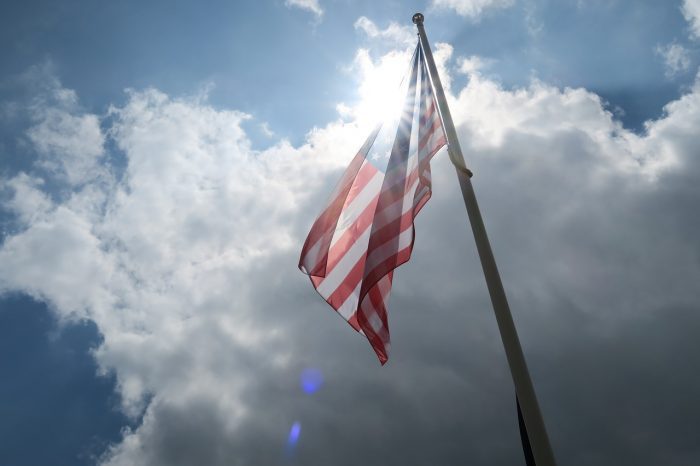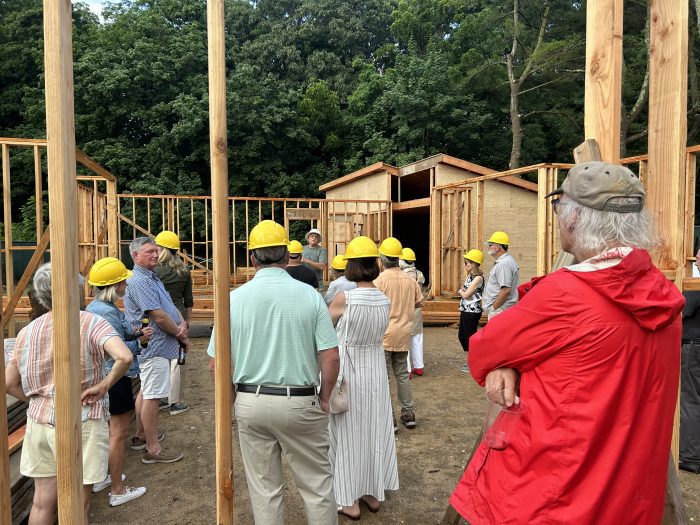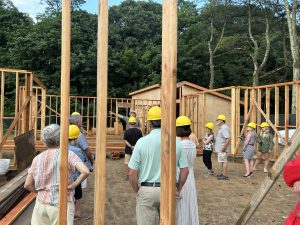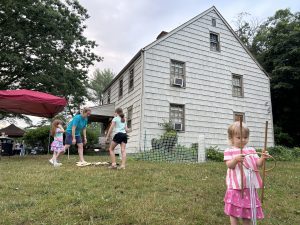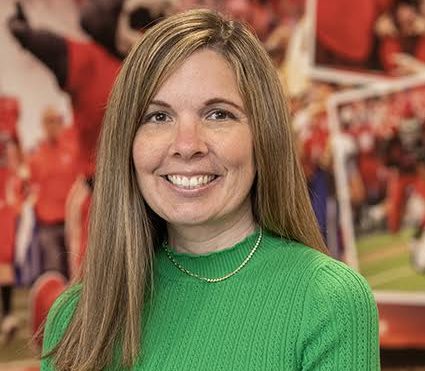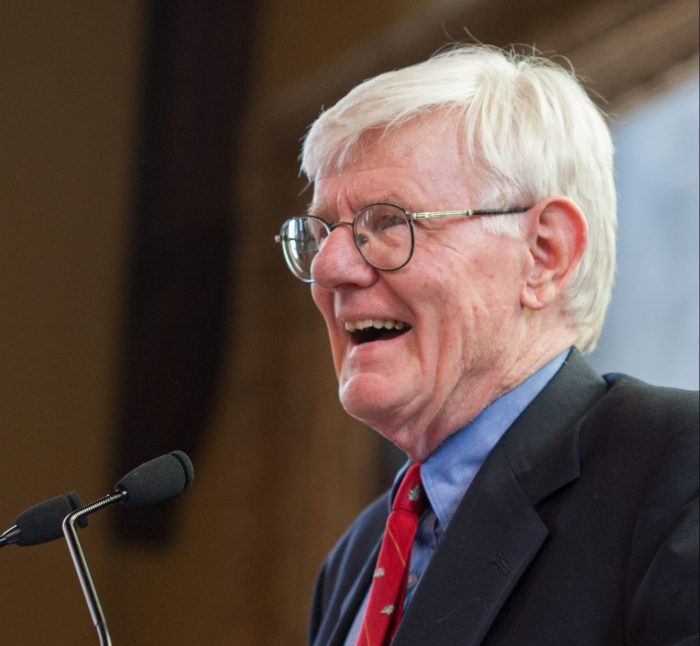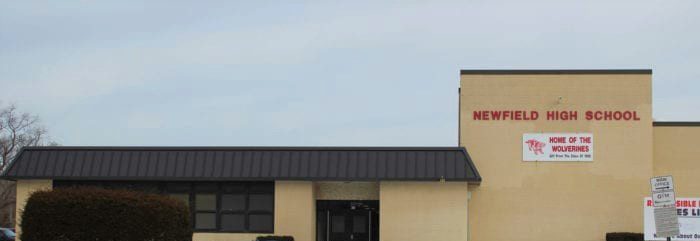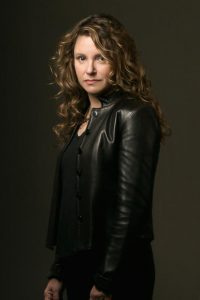
The 17th annual Huntington Folk Festival is set for Saturday, July 22, at Heckscher Park, 2 Prime Avenue, in Huntington from 12:30 p.m. to 10 p.m. with a dinner break from 6 to 7:15 p.m. The free event is co-presented by the Huntington Arts Council, Folk Music Society of Huntington and AcousticMusicScene.com as part of the 58th Huntington Summer Arts Festival produced by the Town of Huntington. An evening concert featuring internationally touring singer-songwriters Lucy Kaplansky and Cliff Eberhardt will be preceded by a series of amplified song swaps and an open mic during the afternoon.
Hailed as “the songwriter laureate of modern city folk,” (The Boston Globe), Lucy Kaplansky is a NYC-based contemporary folk singer-songwriter with a luminous voice whose recordings have frequently topped the folk and Americana radio charts. Among the most respected and covered touring songwriters on the folk scene, Massachusetts-based Cliff Eberhardt, like Kaplansky, cut his musical teeth playing NYC clubs centered around Greenwich Village during the folk/songwriter renaissance of the 1980s. When not doing their own thing, Kaplansky and Eberhardt have been part of an On a Winter’s Night tour that also features John Gorka and Patty Larkin.
Prior to the evening concert on the park’s Chapin Rainbow Stage, Michael Kornfeld, president of the Folk Music Society of Huntington and editor & publisher of AcousticMusicScene.com (an online publication for the folk, roots and singer-songwriter communities), conducts an on-stage conversational interview with the evening’s featured artists at 7:15 p.m.
Kornreld will also emcee a series of amplified song swaps from 1:30-4 p.m. near a canopy tent on the upper lawn area overlooking the stage and from 4-6 p.m. on-stage. These will be preceded by an hour-long open mic hosted by singer-songwriter Toby Tobias, who co-hosts the NorthShore Original Open Mic (NOOM) that is co-presented by FMSH and the Cinema Arts Centre in the Cinema’s Sky Room on three Wednesday nights each month, while FMSH’s monthly Hard Luck Café concert series takes place on the third Wednesday.
Artists slated to showcase their talents during the afternoon include Josie Bello, Suzanne Ernst, Roger Street Friedman, Rorie Kelly, Ray Lambiase, Bill Lauter, Mara Levine, The Levins, Annie Mark, Stuart Markus, Catherine Miles & Jay Mafale, Louise Mosrie, Mark Newman, James O’Malley, Nico Padden, Carolann Solebello, Hank Stone, Christine Sweeney, and Toby Tobias.
Festivalgoers are advised to bring lawn chairs and blankets and a picnic supper (or they can walk into Huntington Village and enjoy a meal at one of its many restaurants).
The Huntington Summer Arts Festival is produced by the Town of Huntington and presented by the Huntington Arts Council. Additional support is provided by Presenting Sponsor Canon U.S.A., with partial funding from the New York State Council on the Arts and the Suffolk County Department of Economic Development and Planning.
Huntington Folk Festival Schedule
12:30 — Open Mic (hosted by Toby Tobias)
1:30 — Huntington’s Own: Josie Bello, Suzanne Ernst, Ray Lambiase
2:00 — LI Guys: James O’Malley, Hank Stone, Bob Westcott
2:30 — LI Gals: Rorie Kelly, Nico Padden, Christine Sweeney
3:00 — Huntington’s Own II: Bill Lauter, Annie Mark, Mark Newman
4:00 — A Pair of Duos: The Levins and Catherine Miles & Jay Mafale
4:30 — Let’s Hear It for the Guys: Roger Street Friedman and Toby Tobias
5:00 — Classic Folk Covers: Mara Levine and Stuart Markus
5:30 — Women of Note: Louise Mosrie Coombe and Carolann Solebello
6:00 — Dinner Break
7:15 — A Conversation with Cliff Eberhardt and Lucy Kaplansky
8:00 — Evening Concert with Cliff Eberhardt and Lucy Kaplansky
For more information, visit www.fmsh.org.





